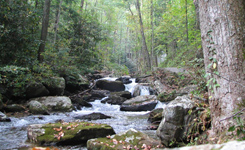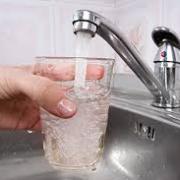Event Calendar
Watershed Management
News
News Releases
| 06/02/2016 - | UCO Launches New Customer Portal | ||
| 05/19/2016 |
BLAKE D. DUCK
BlaKe D. (DeKalb spelled backward) is the newest addition to the Watershed Management team. He and the Public Education Team travel all over the County and are eager to meet you. BlaKe would love to attend your next school or community event and talk about water conservation and FOG, the proper disposal of Fats, Oils, and Greases - for a better DeKalb!
Community Education
|
The mission of the DeKalb County Department of Watershed Management (DWM) is to protect the public health, safety and welfare through the provision of safe drinking water and quality wastewater treatment. |
Environmental Outreach
Becoming environmental stewards is an important part of protecting and conserving our water resources. DeKalb County Department of Watershed Management (DWM) encourages this by providing volunteer opportunities for citizens through our Environmental Outreach program.
All water quality and water/sewer repairs, maintenance, or construction
SUBMIT this form for all water quality and water/sewer repairs, maintenance, or construction inquires and concerns
Billing, New Service and Meter Reading Inquires
SUBMIT this form for billing, new service and meter reading inquires:
Consent Decree Home
Welcome to DeKalb County’s Consent Decree Program website
The Department of Watershed Management’s (DWM) Capital Improvement Projects (CIP) Division is committed to providing first-class service to the citizens and business owners of DeKalb County, and a key component of service is communication.
Pagination
- Previous page ‹‹
- Page 13
- Next page ››
Event Calendar
© 2026 DeKalb County. All Rights Reserved | Disclaimer | Privacy Statement



